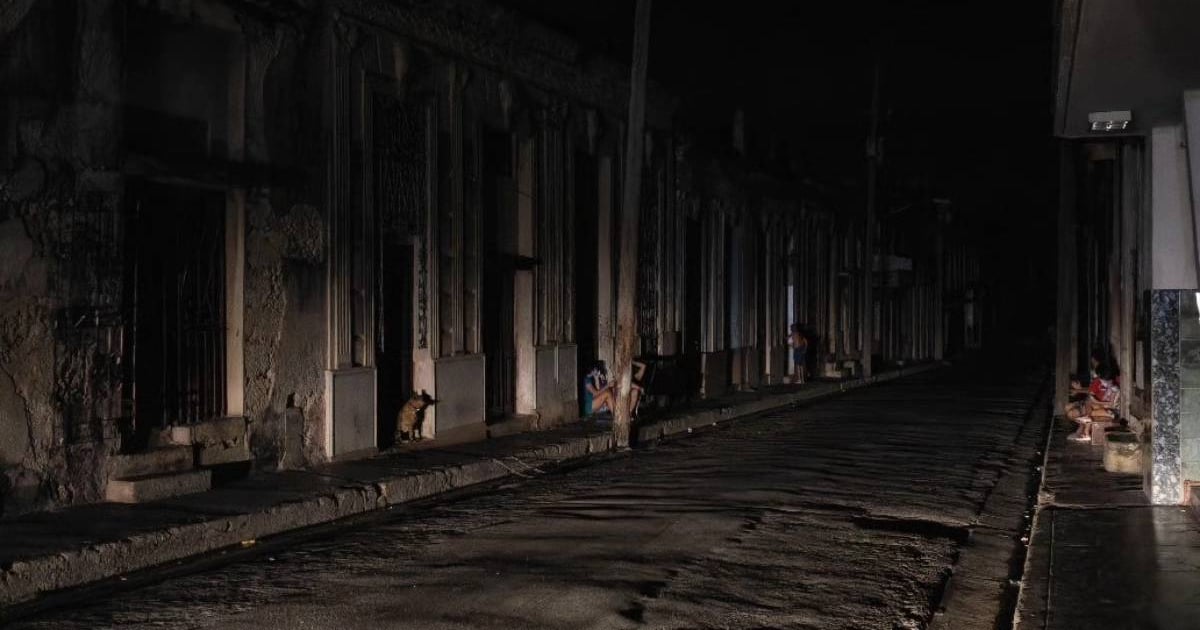The Cuban government has announced that blackouts lasting up to 72 hours will now be part of their newly adopted electrical contingency plan, as outlined in the recently approved Decree-Law. This move is framed as an attempt to address the inadequacies of the nation's power grid, highlighting the alarming deterioration of Cuba's infrastructure in the modern age.
This decree, presented as a response to the ongoing energy crisis plaguing the country, allows for the scheduling of prolonged blackouts under the guise of maintaining the balance of the electric system. However, many Cubans view this decision as yet another reminder of the institutional collapse suffocating the nation.
Crisis Management or Institutional Collapse?
The legal framework for these blackouts comes at a time when the Cuban populace is already grappling with severe shortages of food, potable water, medicine, and basic services. What were once seen as temporary power outages are now being institutionalized as state policy, severely impacting daily life and economic activities.
Energy experts have pointed out that the collapse of the electric grid is not simply due to external factors, such as fuel shortages, but also stems from years of underinvestment, corruption, and neglect in infrastructure maintenance. Meanwhile, the government claims the measures are temporary and necessary to "ensure the country's stability."
Public Outcry and Social Media Reactions
Social media platforms have become a space for criticism and dissent. Cubans both on the island and abroad are questioning the legitimacy of a government that imposes extreme sacrifices on a population already stretched thin, rather than seeking structural solutions. The blackout is not just electrical; it is also moral and social.
